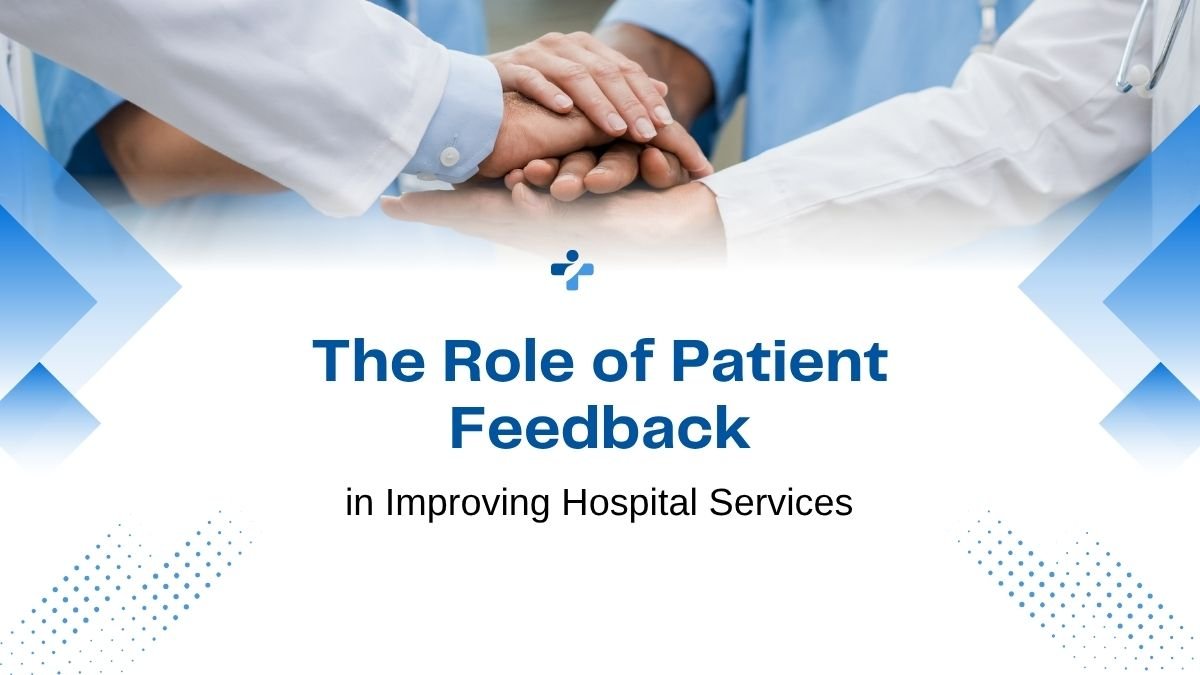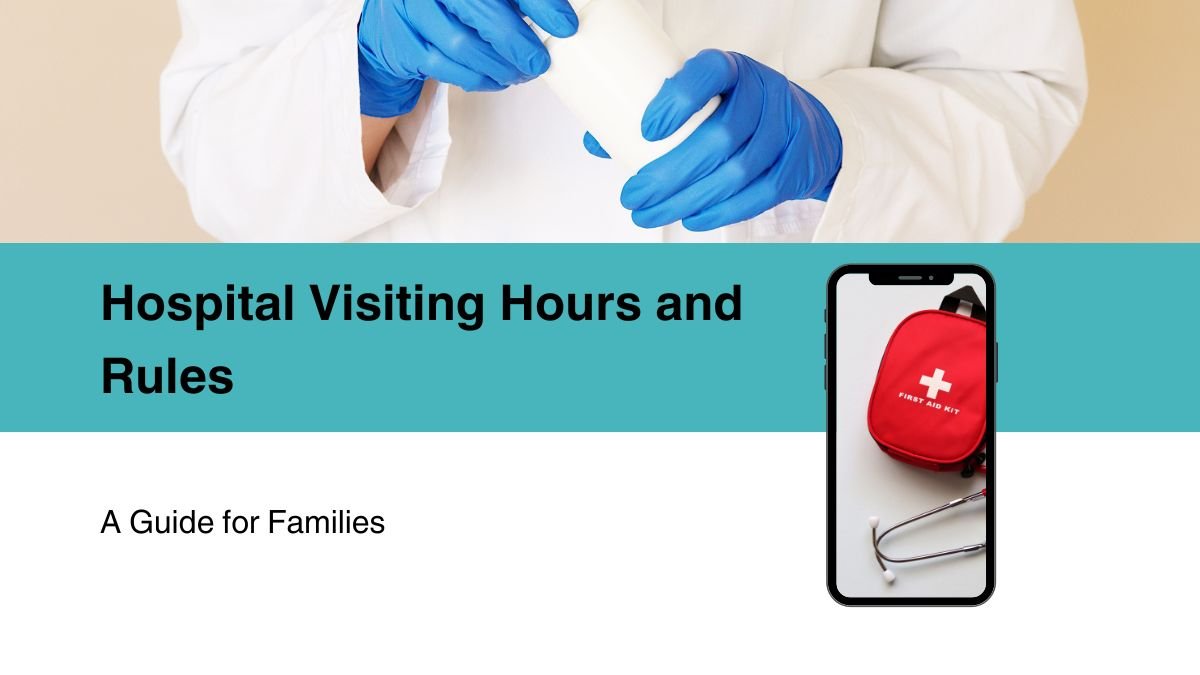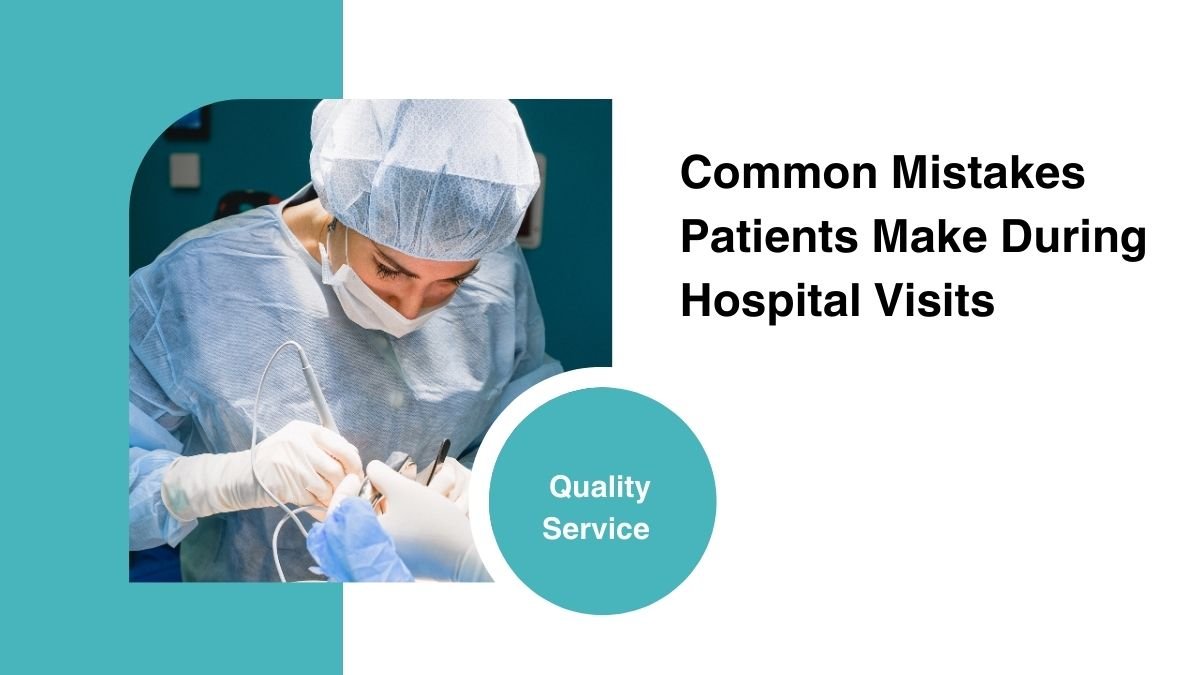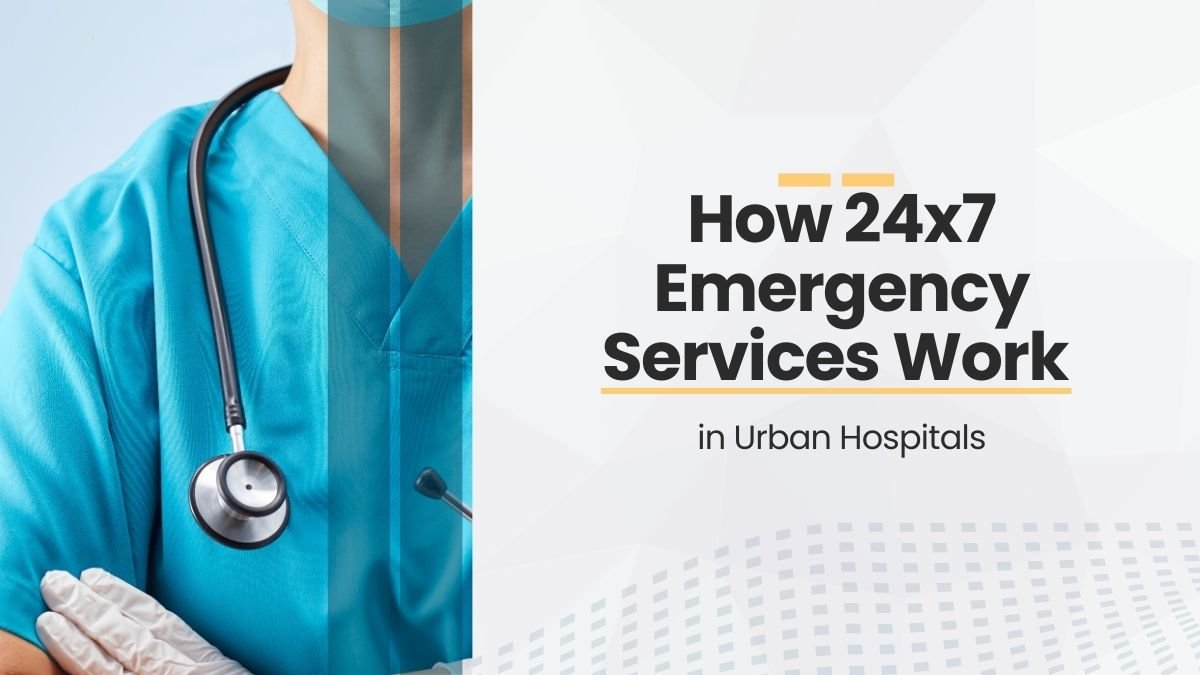Why is patient feedback so important for the hospital – understand in depth
After treatment in the hospital, everyone pays attention to the hard work of the doctor, nurse and staff, but there is one more thing which is equally important – patient feedback.
This is not just a formal process, but a means through which the hospital can improve its services and the patient experience can be better than ever.
When patients give their feedback, they tell about their entire experience – from coming to the hospital to going back home. This includes both good and bad experiences. If the hospital takes this feedback seriously, then everything can improve – the quality of treatment, facilities and the trust of the patients.
1. Help in improving the quality of treatment
The biggest advantage of patient feedback is that it gives the hospital opportunities to improve its work.
- Easy to identify the problem – patients tell where they faced problems, such as long wait, delay in getting medicines, less time with the doctor, or poor behavior of the nurse.
- Providing appropriate training – If many patients complain about the same thing, the hospital can train its staff on the same topic.
- Process changes – Based on the patient’s complaint, the hospital can simplify the registration process, discharge time, or the way it delivers test reports.
Example – If seven out of ten patients say that billing took a lot of time, the hospital can hire additional staff or start digital billing.
2. Increasing patient satisfaction
Today, patients not only want good treatment, but also want their overall experience to be good – staff behavior, cleanliness, food, and even small amenities.
- Understanding needs – Feedback helps the hospital know what patients value most.
- Continuing good practices – If patients appreciate something, such as a nurse’s helpful attitude, the hospital can recognize that staff and encourage others to do the same.
- Quick correction – When negative feedback is received, the hospital can make immediate improvements so that the next patient does not face the same problem.
Example – If patients say that someone comes late when they ring the doorbell at night, the hospital can increase staff in the night shift.
3. Increase responsibility and accountability
When the hospital regularly seeks feedback from patients, the staff feels that their work is being monitored and reported.
- Culture of accountability – Doctors, nurses and other staff work more responsibly when they know that their work is being monitored by patients.
- Tracking performance – Feedback reports show which departments are doing well and where improvements are needed.
- Long-term development – By looking at data year after year, the hospital can understand in which direction their services are moving – up or down.
4. Patient involvement in policies and decisions
Often hospital policies are decided by the management team alone, but if patients’ opinions are also included, decisions are more patient-centric.
- Changes according to patient needs – For example, if most patients say that the OPD time is too short, then the hospital can increase it.
- Decision on new services – If patients repeatedly say that they do not like the cafeteria food, then the hospital can provide better food facilities.
- Trust and transparency – When patients see that their opinion has changed, their trust in the hospital increases.
5. Easy and fast feedback with technology
Getting feedback is not difficult in today’s time.
- Online survey – The hospital can take feedback from the patient through SMS, email or WhatsApp link.
- Feedback kiosk – There are digital machines at the gate or reception of the hospital, where the patient can give ratings by pressing the button.
- Mobile app – Many hospitals have a feedback section in their app, through which the patient can write his opinion immediately.
With these digital tools, data is available quickly and the hospital can make quick improvements.
6. Challenges – Just taking feedback is not enough
Getting feedback is easy, but implementing it is the real challenge.
- Lack of resources – Small hospitals sometimes lack money or staff, making it difficult to implement change.
- Resistance to change – Some employees are hesitant to give up old ways, even if the new way is better.
- Access to all – The feedback system should be easy for everyone, especially for elderly and illiterate patients.
7. Simple ways to make feedback systems effective
If the hospital adopts the right methods, a patient’s opinion can bring about a big change.
- Assure the patient that his opinion will be confidential.
- Create a feedback form in simple language.
- After taking feedback, also inform the patient about the action taken.
- Train the staff to take criticism in a positive way.
8. Real life example
Suppose in a hospital, patients are repeatedly saying that the wait in the emergency ward is too long. After looking at the feedback report, the management decided to appoint an additional doctor and two nurses there. Result – Waiting time of patients reduced from 40 minutes to 15 minutes and satisfaction rating increased by 20%.
Conclusion – Patient’s opinion is the strength of the hospital
If the hospital really wants to improve its services, then it has to take patient’s opinion seriously.
- This improves the quality of treatment.
- Patient’s trust and satisfaction increases.
- Staff accountability is fixed.
- Policies become patient-centric.
A good hospital is the one who is not just good at treatment but also listens to the patient’s voice and acts on it.









